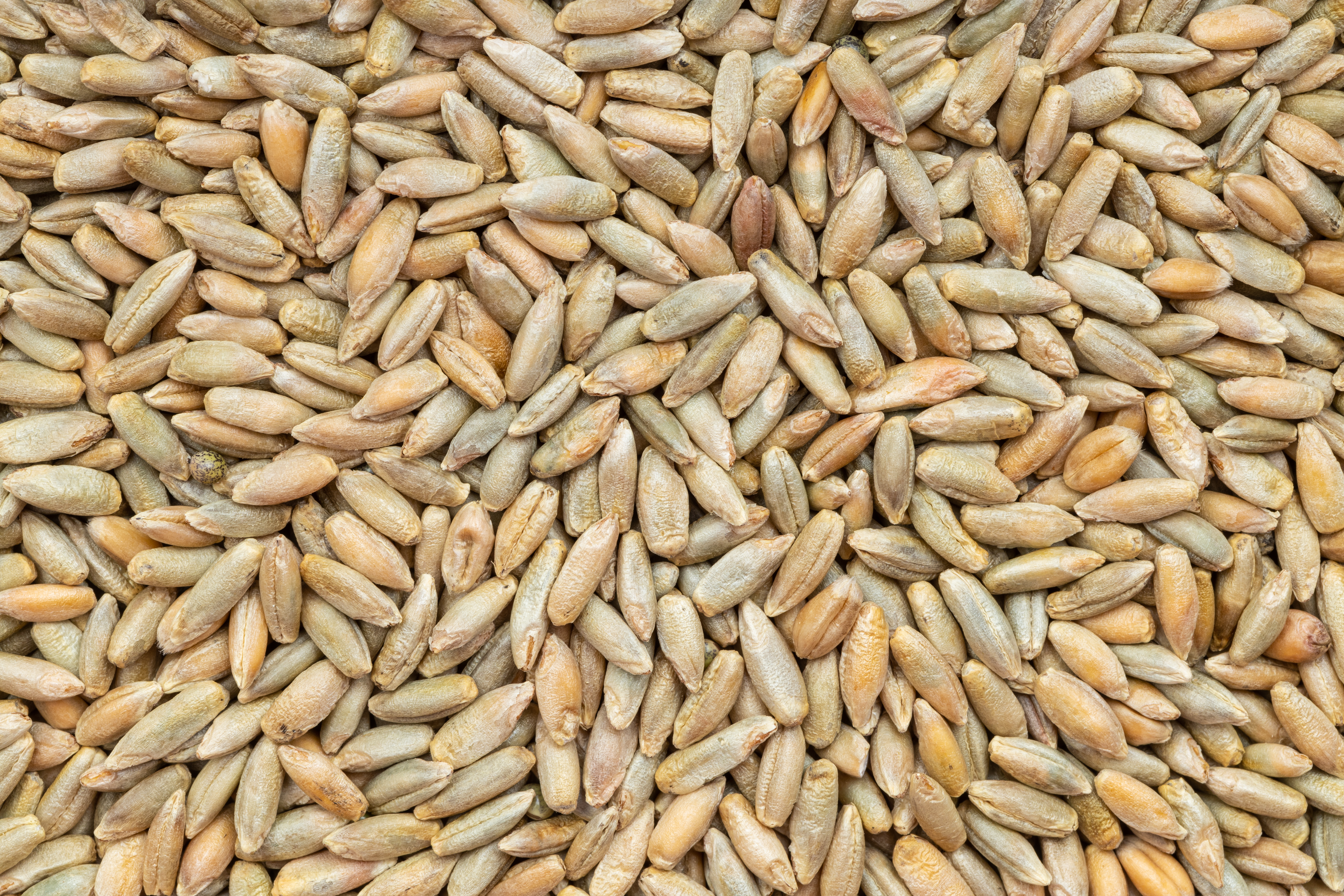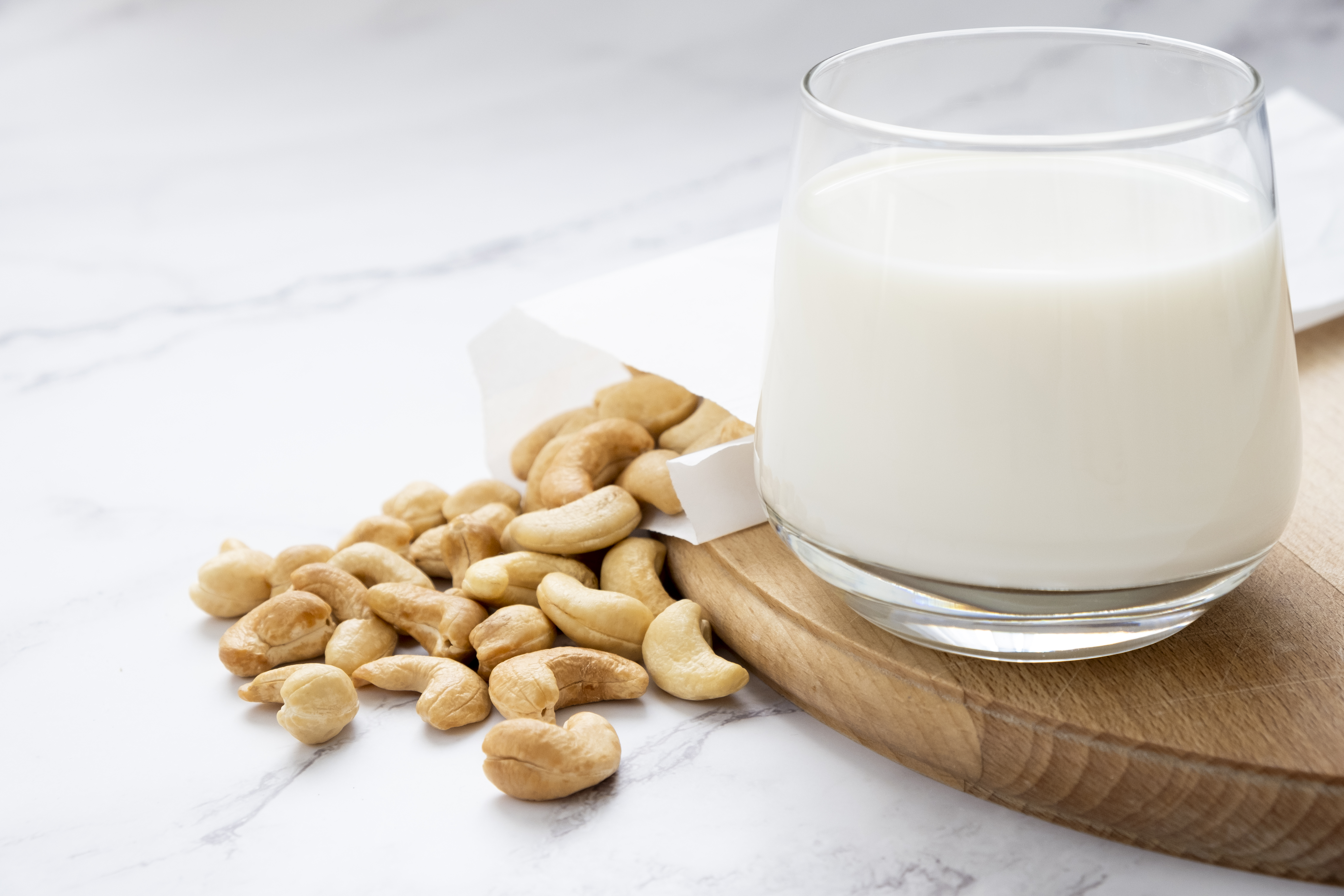14 Gentle Food Swaps to Soothe Arthritis Pain Naturally
Arthritis, a condition characterized by inflammation and pain in the joints, affects millions worldwide, significantly impacting quality of life. While medication and physical therapy are common treatments, many individuals seek alternative methods to manage their symptoms. One such avenue is through dietary changes, specifically incorporating natural food swaps that can alleviate pain and reduce inflammation. This article delves into 14 gentle food swaps that can help relieve arthritis discomfort and enhance overall well-being. By understanding the interplay between diet and inflammation, you can make informed choices that contribute to a more comfortable and active life.
1. Swap Red Meat for Fatty Fish

Red meat, often high in saturated fats, can exacerbate inflammation in the body, potentially worsening arthritis symptoms. Replacing red meat with fatty fish such as salmon, mackerel, or sardines introduces omega-3 fatty acids into your diet. Omega-3s are renowned for their anti-inflammatory properties, which can help reduce joint pain and stiffness. Additionally, these fatty acids support heart health and overall brain function, making them a beneficial addition to any diet. By choosing fish over red meat, you not only address inflammation but also promote a healthier lifestyle.
2. Trade Refined Grains for Whole Grains

Refined grains, found in white bread and pasta, can spike blood sugar levels and contribute to inflammation. Whole grains, like brown rice, quinoa, and whole wheat, provide fiber and essential nutrients that help regulate blood sugar and reduce inflammation. The fiber content in whole grains aids in maintaining a healthy weight, which is crucial for managing arthritis since excess weight adds pressure to the joints. By making this simple swap, you support joint health and overall metabolic function, paving the way for improved arthritis management.
3. Replace Sugary Snacks with Fresh Fruits

Sugary snacks can lead to increased inflammation and weight gain, both of which are detrimental to arthritis sufferers. Fresh fruits, on the other hand, offer natural sugars, fiber, and a plethora of vitamins and antioxidants. Berries, for instance, are rich in anthocyanins, compounds that have been shown to reduce inflammation. Incorporating a variety of fruits into your diet can satisfy sweet cravings while providing nutrients that support joint health and reduce oxidative stress. This swap not only aids in managing arthritis but also enhances overall nutritional intake.
4. Substitute Vegetable Oils with Olive Oil

Many vegetable oils contain high levels of omega-6 fatty acids, which can promote inflammation if consumed in excess. Olive oil, particularly extra virgin olive oil, is rich in monounsaturated fats and oleocanthal, a compound with anti-inflammatory effects similar to ibuprofen. Using olive oil as a primary cooking oil can reduce inflammation and improve cardiovascular health. This simple change in your cooking routine can have profound effects on your arthritis symptoms, as well as your overall health, making it a worthwhile adjustment.
5. Opt for Nuts and Seeds Over Processed Snacks

Processed snacks often contain unhealthy trans fats and preservatives that can exacerbate inflammation. Nuts and seeds, such as almonds, walnuts, and flaxseeds, are excellent sources of healthy fats, protein, and fiber. They also provide essential nutrients like magnesium and vitamin E, which have anti-inflammatory properties. By choosing nuts and seeds over processed snacks, you not only satisfy hunger but also support joint health and reduce inflammation. This swap is an easy and delicious way to incorporate more anti-inflammatory foods into your diet.
6. Exchange Dairy with Plant-Based Alternatives

Dairy products can be inflammatory for some individuals, especially those with lactose intolerance or sensitivity to casein. Plant-based alternatives, such as almond milk, coconut yogurt, and cashew cheese, offer similar textures and flavors without the inflammatory potential. These alternatives are often fortified with calcium and vitamin D, essential nutrients for bone health. By choosing plant-based dairy options, you can reduce inflammation and support your body's overall health, particularly if you notice that dairy exacerbates your arthritis symptoms.
7. Choose Herbal Teas Over Caffeinated Beverages

Caffeinated beverages, like coffee and certain sodas, can contribute to dehydration and inflammation. Herbal teas, such as ginger, turmeric, and green tea, provide hydration and anti-inflammatory benefits. Ginger and turmeric are particularly noted for their ability to reduce joint pain and stiffness. Green tea is rich in polyphenols, antioxidants that combat oxidative stress and inflammation. By swapping caffeinated drinks for herbal teas, you not only reduce inflammation but also enjoy a soothing and beneficial beverage.
8. Swap Salt with Herbs and Spices

Excessive salt intake can lead to water retention and increased blood pressure, both of which can negatively impact arthritis. Herbs and spices, such as turmeric, garlic, and rosemary, offer flavor without the added sodium. Many of these spices also possess anti-inflammatory properties, making them ideal for individuals with arthritis. Turmeric, for example, contains curcumin, a powerful anti-inflammatory compound. By seasoning your meals with herbs and spices instead of salt, you enhance flavor while supporting joint health and reducing inflammation.
9. Replace Sugary Drinks with Water and Lemon

Sugary drinks, including sodas and sweetened juices, can lead to weight gain and increased inflammation. Water, infused with lemon, offers hydration and a boost of vitamin C, which is essential for collagen production and joint health. Lemon water can also aid in digestion and detoxification, supporting overall wellness. By choosing water over sugary beverages, you reduce calorie intake and inflammation, contributing to better arthritis management and improved general health.
10. Substitute White Potatoes with Sweet Potatoes

White potatoes have a high glycemic index, which can lead to blood sugar spikes and inflammation. Sweet potatoes, on the other hand, are rich in beta-carotene, fiber, and vitamin C, all of which support immune function and reduce inflammation. Their natural sweetness and versatility make them a delicious and nutritious alternative to white potatoes. By incorporating sweet potatoes into your meals, you enjoy a satisfying food that supports joint health and overall wellness.
11. Opt for Dark Chocolate Over Milk Chocolate

Milk chocolate often contains high levels of sugar and fat, which can contribute to inflammation and weight gain. Dark chocolate, particularly varieties with 70% cocoa or higher, offers antioxidants known as flavonoids, which have anti-inflammatory effects. Consuming dark chocolate in moderation can satisfy sweet cravings while providing health benefits that support joint health. This swap allows you to indulge in a treat that aligns with your goals for managing arthritis and maintaining a healthy lifestyle.
12. Trade Processed Meats for Plant-Based Proteins

Processed meats, such as sausages and deli meats, contain preservatives and sodium that can increase inflammation. Plant-based proteins, like lentils, beans, and tofu, offer fiber, vitamins, and minerals without the inflammatory additives. These proteins are also lower in saturated fat, supporting heart health and weight management. By choosing plant-based proteins, you reduce inflammation and support joint health, while also contributing to a more sustainable and nutritious diet.
13. Replace Butter with Avocado

Butter, high in saturated fats, can contribute to inflammation and cardiovascular issues. Avocado, rich in monounsaturated fats, offers a creamy texture and a host of nutrients, including potassium and vitamin E. These nutrients support heart health and have anti-inflammatory properties. Avocado can be used as a spread, in baking, or as a topping, providing versatility and health benefits. By swapping butter for avocado, you enhance your diet with a food that promotes joint health and overall wellness.
14. Choose Fermented Foods Over Processed Pickles

Processed pickles often contain high levels of sodium and preservatives, which can exacerbate inflammation. Fermented foods, such as sauerkraut, kimchi, and kefir, provide probiotics that support gut health and reduce inflammation. A healthy gut microbiome is crucial for overall health, including joint health, as it influences the body's inflammatory response. By incorporating fermented foods into your diet, you improve digestion and support a balanced inflammatory response, aiding in the management of arthritis symptoms.
Implementing these 14 natural food swaps offers a holistic approach to managing arthritis pain and enhancing comfort. Each swap contributes to reducing inflammation and supporting joint health, creating a synergistic effect that can significantly improve quality of life. By making informed dietary choices, you empower yourself to take control of your health and well-being. As you incorporate these changes, remember that consistency is key, and even small adjustments can lead to significant improvements over time. Embrace the journey towards a healthier, more comfortable life with these thoughtful and effective food swaps.
